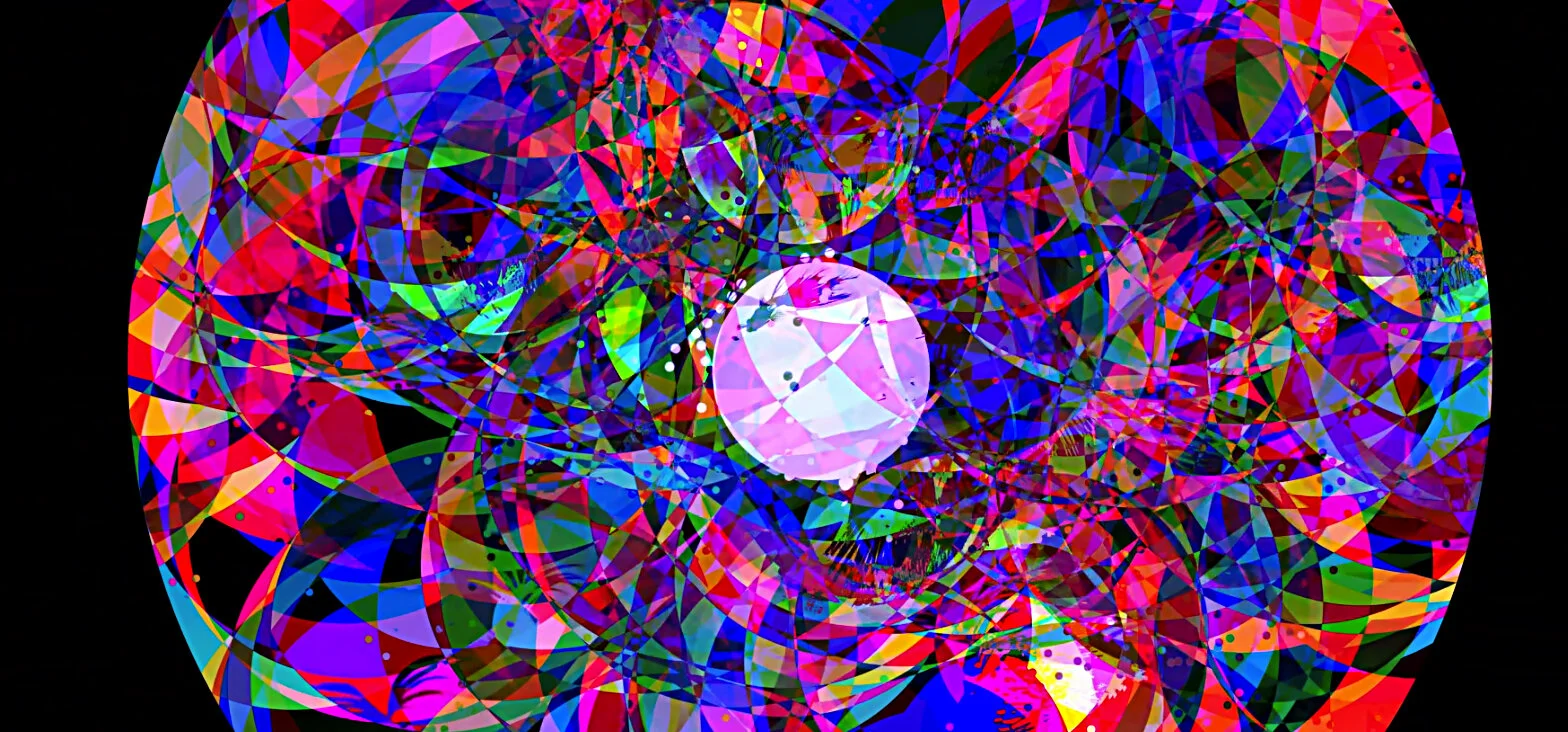peter thiedeke
image maker
Feeding Frank: Immersive video installation
Feeding Frank was designed for the Emporium South Bank, ‘Australia's Leading Boutique Hotel’ (2018 World Travel Awards). It proposes a visual metaphor for the 'filter bubble' phenomenon that Big Tech companies use to fragment and personalise our online experiences to manipulate our worldviews and consumption patterns.
Concept
Frank (my daughters pet fish) exists in the real-world, alienated within an aquarium, which renders him an object for the voyeuristic amusement of humans. Frank is a Betta Splendens, a species known for its beauty, longevity, and aggressive territorial behaviours in defence of its living space by ritualistically patrolling its boundaries for possible intruders. Like many Bettas, Frank signals his discontent through 'exaggerated body movements' called 'displays', which precede chasing intruders away or engaging them in combat (Abate 2005, 81). The Betta displays often occur when the fish mistakes their reflection for an opponent, causing them to flare their iridescent gills, tails, and fins, which appears spectacularly narcissistic and antisocial.
In the virtual world, narcissism is often associated with social media addiction, where seeking attention or wanting to be liked has a significant negative impact on self-esteem and is linked to antisocial behaviour and addictive tendencies that cause 'psychological and social problems such as depression, anxiety, loneliness, lack of self-esteem and poor social interaction' (Malik and Khan 2015). Other mental health concerns linked to social media include cognitive problems, reduced attention, increased impulsivity, increased hyperactivity (Boer, Finkenauer and van den Eijnden 2020), and an increase in cosmetic surgery resulting from Body Dysmorphic Disorder (BDD)–otherwise known as Snapchat Dysmorphia–and Instagram's algorithm bias, which increases the likelihood of seeing imagery of food related to eating disorders including orthorexia nervosa because images of food have more impact on behaviour than textual information (Turner and Lefevre 2017).
Civic hacking
The project is a hybrid form of 'civic hacking' and 'urban acupuncture', a punctual intervention in the city as a method for better understanding what may be missing from a given area and to affect the cultural identity of a place (de Waal and de Lange 2019; Casagrande 2014; Lerner 2014). Feeding Frank's placement in the city was intended as a cathartic antidotal 'slow technology' aimed at moments of mental rest to counter the fast, high-speed digital information communications technologies and advertising imagery that affects the city's visual amenity (Hallnas and Redstrom 2001). Contrary to the commercial realities of high-speed digital information communications technologies and smart devices, slow technology expressed as 'art objects' reduces cognitive load by lowering the demand for attention, giving people time to think, be productive, and do new things rather than consume.
Paradoxically, Feeding Franks' fragmented kaleidoscopic imagery was installed across the Emporium's networked screens–just before the COVID-19 lock-downs and social isolation–where Frank monitored humans in glass enclosures.
Form
Feeding Frank (2019) was installed across the Emporium Hotel’s numerous low-resolution LED screens, which usually form a virtual concierge service to provide guests and patrons with video advertising South Banks' services and entertainment opportunities. Visitors experience the hotel's many screens as they traverse its bespoke interiors, and the 18-metre porte-cochère screen which is surrounded by numerous chrome surfaces, and is highly visible to passers-by from adjacent streets. The Emporium's mirrored elevator screens are embedded into the floor, and the wall opposite the sliding entrance door, which, along with the ceiling and the remaining three walls' mirrors, creates the illusion of infinitely repeated space. A 1-minute 20-second panoramic loop was created for the immense porte-cochère screen with multiple instances of Frank spilling from the glass facades into the city. A vertical 55-second composition was created for the elevators, forming an immersive mobile kaleidoscope, where visitors experienced Frank's aquatic antics in proximity and at an enlarged scale. The loop transforms visitors experience of the elevator journey from the ground floor lobby to the rooftop bar, accompanied by the hotel's automated voice-generated concierge–going up, going down.






